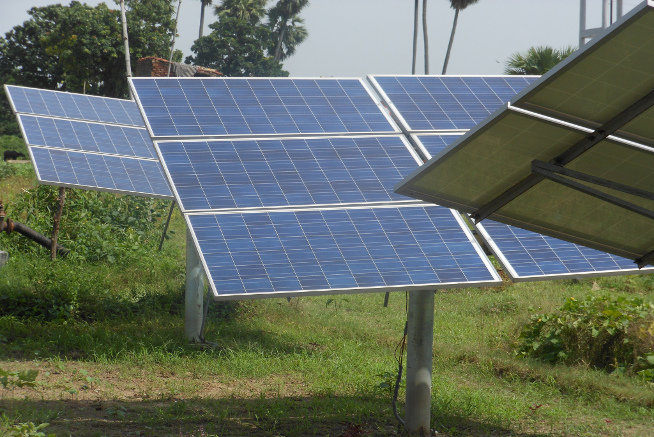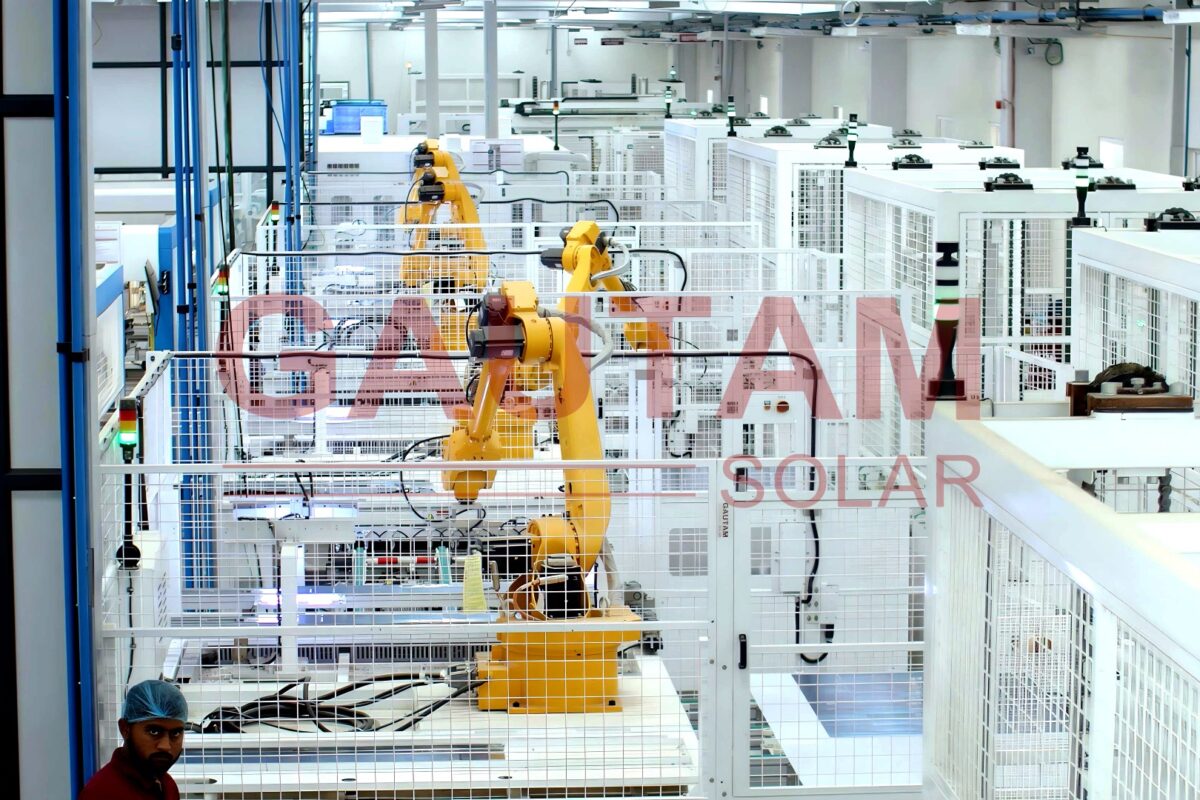India is emerging as one of the fastest-growing solar energy markets in the world. The key drivers for the growth are the country’s 100 GW solar energy installation target for 2022 (of which 40 GW is to come from rooftops); the sharp reduction of renewable energy unit prices, driven mainly by the auction route adopted by the off-takers that means solar is fast approaching grid parity; and enabling policies that offer fiscal benefits and support for renewable energies.
Against this backdrop, total current solar installations have surpassed 12 GW. This means that, to achieve the target of an additional 88 GW by 2022, India must hit the strike rate of 15 to 16 GW every year. This is a is a tall order, considering that the country added approximately 3.5 GW in the last financial year.
Another challenge that developers are facing is on the cost front. As nodal agencies prefer auction route rather than the FIT, the price of 1 kWh of energy has come down significantly, with one recent auction seeing a record low of INR 2.44/kWh. Experts believe that the price may remain in this region or may further go down. Just to put this in perspective, solar prices were in the range of INR 5 kWh just one year ago.
In summary, the Indian market offers huge opportunities for developers that can keep costs low throughout every stage of the project (interest rates, modules, EPC, O&M services etc.)
What’s important for high quality installations?
Talking of EPC cost challenges, which comprise a significant part of total cost of the project, developers want to optimize installation costs by increasing throughput, adopting mass manufacturing/installation practices, boundary line designs and such other practices. While innovation is always welcome and leads to new benchmarks, this can often cause issues of reduced quality, including incidents such as poor soil preparation, structures that are susceptible to wind gusts, trackers that are poorly aligned, and control components that fail during lightning strikes, for example.
It is therefore vitally important to have a proper quality system that enables one to record, classify, analyze, draw conclusions and use the lessons learned in the next implementation cycle as part of a continual improvement process.
The experience gained at Terraform India shows that root cause analysis of construction quality incidents leads the experts to attribute these deficiencies to any of the following six broad categories, usually related to cost and time pressures:
- Incorrect tools used for manufacturing/executing tasks;
- Poor skillsets: personnel employed to execute the EPC activities/quality checks were not sufficiently trained;
- Insufficient quality of structural material (steel/concrete and other materials) used in construction;
- Absence of written down processes, leading to non-uniform construction quality;
- Poor accuracy of in process measurements, especially when it comes to structure and trackers alignment, inverter containers and control room design, and
- Factors beyond reasonable control of the EPC contractors, such as natural weather events.
Organizations will therefore be well advised set up a robust quality management process that covers all aspects of construction quality, beginning from the quality statement, set up processes, written documents and manuals, training of employees, field supervision quality, tracking of all quality incidents, and the initiation of a robust RCA process that enables learning and the transfer of these learnings to the next installation.
Author: Prakash Vora
This content is protected by copyright and may not be reused. If you want to cooperate with us and would like to reuse some of our content, please contact: editors@pv-magazine.com.








By submitting this form you agree to pv magazine using your data for the purposes of publishing your comment.
Your personal data will only be disclosed or otherwise transmitted to third parties for the purposes of spam filtering or if this is necessary for technical maintenance of the website. Any other transfer to third parties will not take place unless this is justified on the basis of applicable data protection regulations or if pv magazine is legally obliged to do so.
You may revoke this consent at any time with effect for the future, in which case your personal data will be deleted immediately. Otherwise, your data will be deleted if pv magazine has processed your request or the purpose of data storage is fulfilled.
Further information on data privacy can be found in our Data Protection Policy.